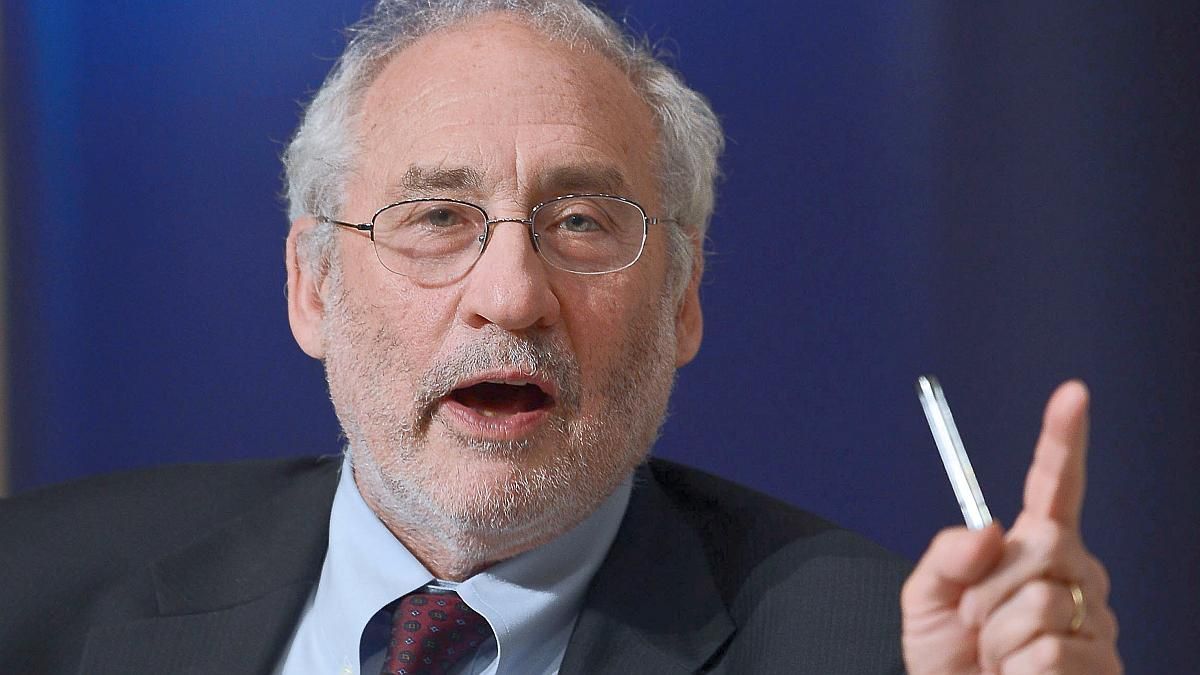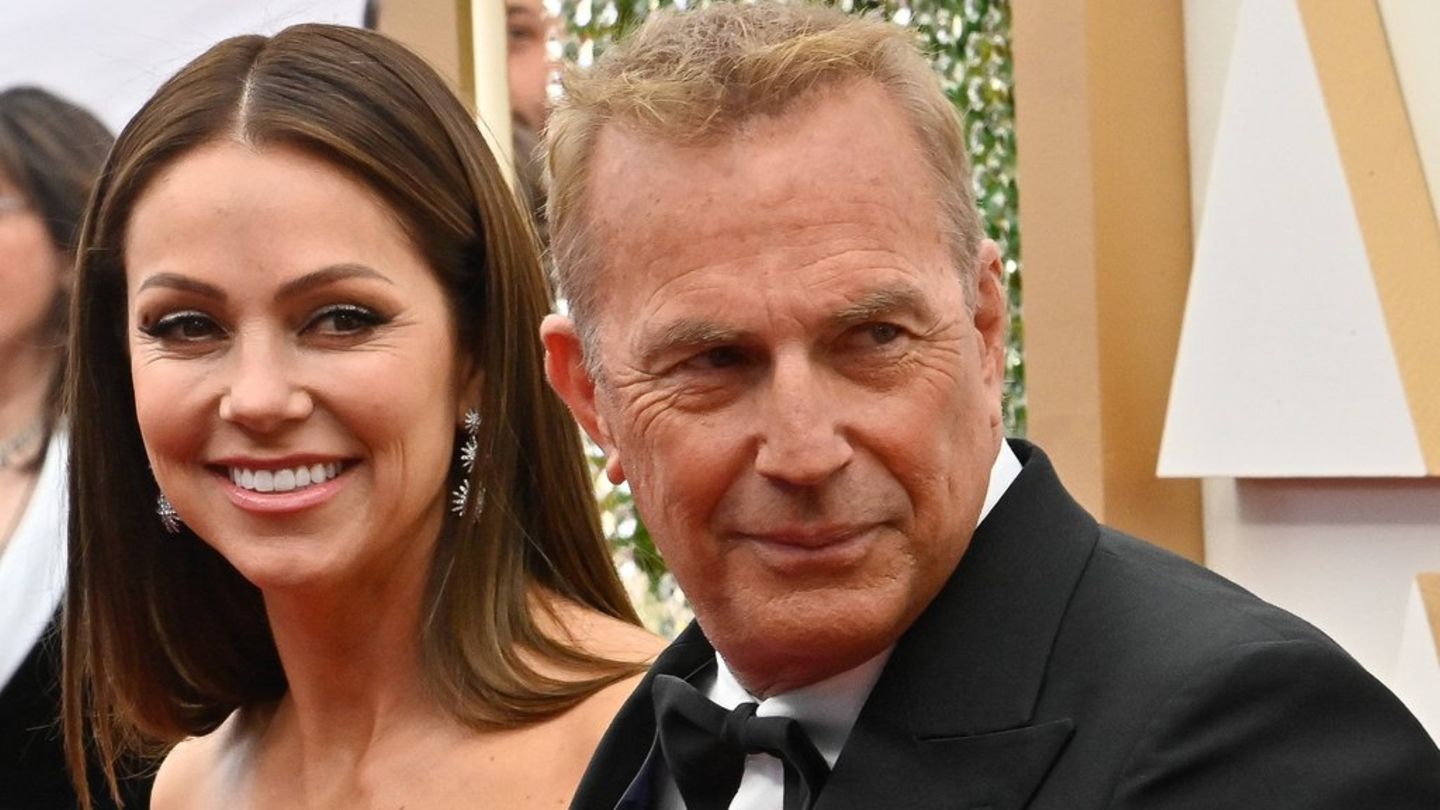Then he dedicated harsh words to the former President Mauricio Macri and Argentina’s financial situation: “Argentina was already in recession when the pandemic hit, due in large part to the economic mismanagement of former President Mauricio Macri. Everyone had seen this movie before. A business-friendly right-wing government had won the trust of the international financial markets, which duly contributed money “
And he added bluntly: “The administration’s policies turned out to be more ideological than pragmatic, serving the rich rather than ordinary citizens. When those policies inevitably failed, Argentines chose a center-left government that would spend most of its energy cleaning up the mess, rather than pursuing its own agenda. The resulting disappointment would set the stage for the election of another right-wing government. Sadly, a pattern that repeats over and over again. “
In the middle of the discussion about the origin of the debt, Stiglitz stated: “The Macri government, elected in 2015, inherited relatively little foreign debt, due to the restructuring that had already taken place. Therefore, the international financial markets were shown even more enthusiastic than usual, lending the government tens of billions of dollars despite the absence of a credible economic program. Then, when things went wrong, as many observers had anticipated, the International Monetary Fund stepped in with its package. largest bailout to date: a $ 57 billion program, of which $ 44 billion quickly dispersed in what many saw as a naked attempt by the IMF, under pressure from the president’s administration of the United States, Donald Trump, to support a right-wing government “.
He then described what happened after the loan: “What followed is typical of such political loans (as I detailed in my 2002 book,” Globalization and Its Discontents “). Domestic and foreign financiers were given time to get their money out. of the country, leaving Argentine taxpayers with the stock market. Once again, the country was deeply in debt and had nothing to show for it. And, once again, the IMF “program” failed, plunging the economy into a deep recession, and a new government was elected. “
“Fortunately, the IMF now recognizes that its program did not achieve its stated economic objectives. The “ex post evaluation” of the Fund attributes much of the blame to the Macri government, whose “red lines in certain policies may have ruled out potentially critical measures for the program.” These measures include a debt operation and the use of capital flow management measures, “he highlighted.
In that sense, he supported the government of Alberto Fernández: “Given the mess that the government of Argentine President Alberto Fernández inherited at the end of 2019, it seems to have achieved an economic miracle” and highlighted the growth: “now it is estimated to have been 10 % by 2021, almost double the forecast for the US while employment and investment have recovered to higher levels than when Fernández took office. “
The risk to the IMF
“Given the enormous size of the loan that must be refinanced, a deal that simply expands the 4.5 to 10-year repayment term is not enough to alleviate concerns about Argentina’s debt. “ The Nobel Prize in Economics supported Argentina’s proposal to the IMF to reduce the fiscal deficit by leveraging economic growth, without adjusting spending. At the same time, he did not rule out pressure from the IMF: “everyone should know by now that austerity is counterproductive, some influential member states of the IMF can still press for it.”
Finally he concluded: “SIf the course were reversed with the old austerity demands against Argentina, the consequences for the Fund itself would be serious, including the less willingness of other countries to commit to it. That, in turn, could threaten global political and financial stability. In the end, everyone would lose. “
Source From: Ambito
David William is a talented author who has made a name for himself in the world of writing. He is a professional author who writes on a wide range of topics, from general interest to opinion news. David is currently working as a writer at 24 hours worlds where he brings his unique perspective and in-depth research to his articles, making them both informative and engaging.




